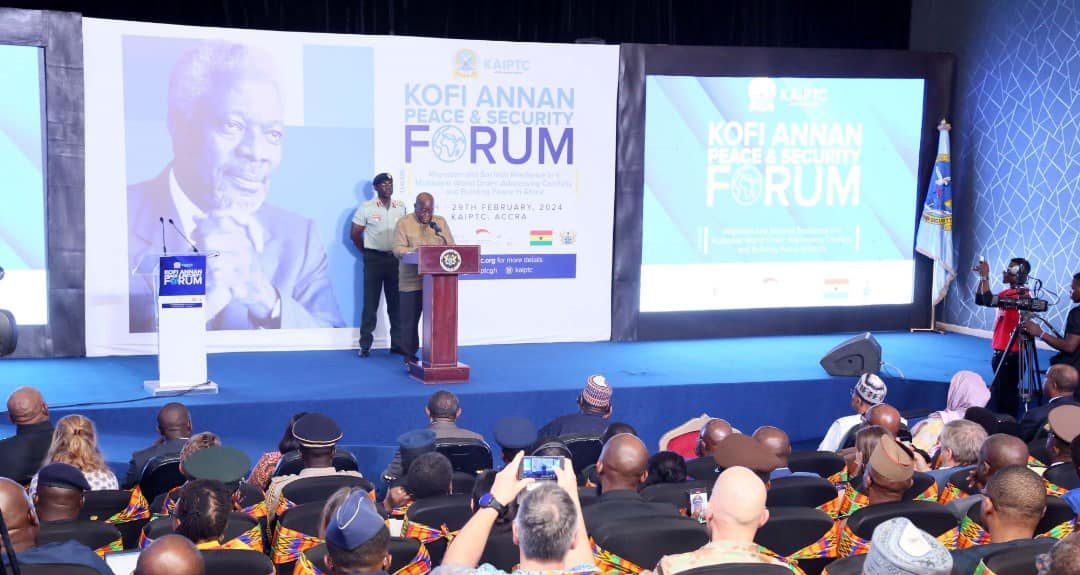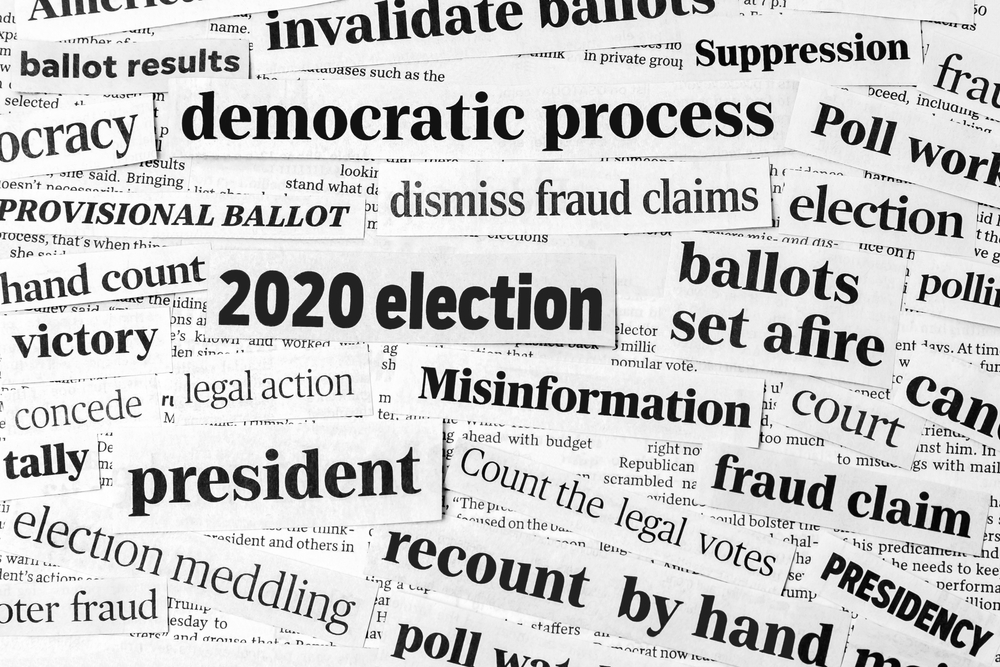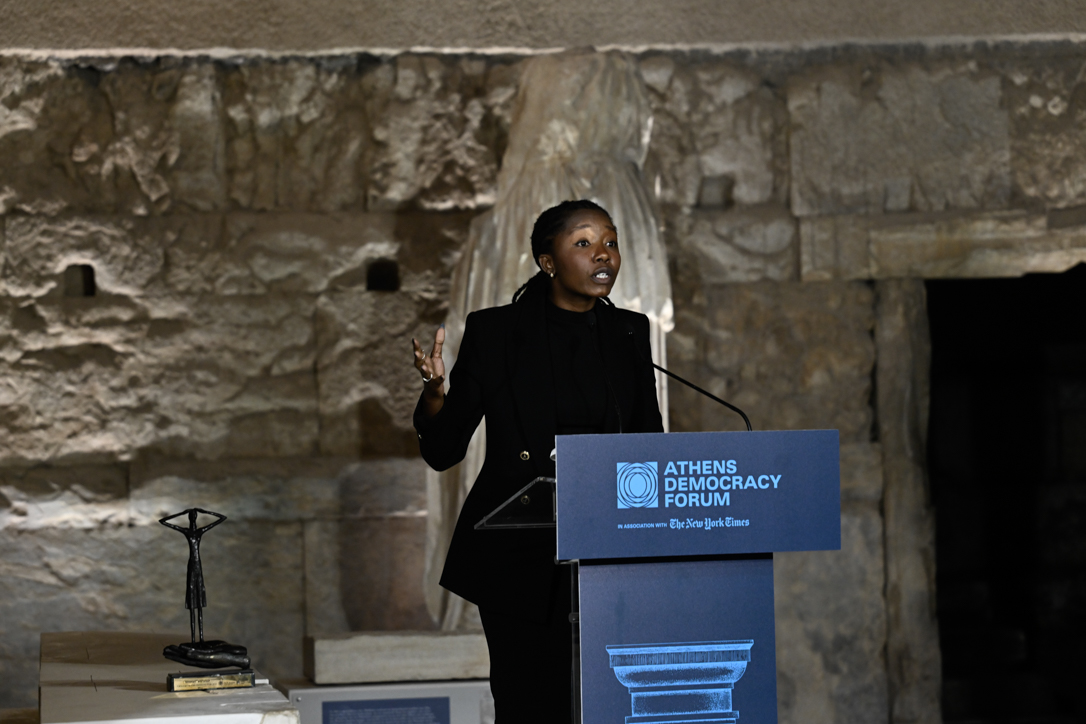OpEd | The Information Disorder Calls for Multidisciplinary Collaboration
The responses to the information disorder adopted in Kenya have been largely ineffective. Multidisciplinary stakeholders working collaboratively stand a higher chance of success and will result in a more informed audience that is less susceptible to mis- and disinformation. In an article for The Elephant, Kofi Annan Foundation Consultant Abdulmalik Sugow argues that the current “information disorder” requires multidisciplinary collaboration.
The following article was originally published on 3 February 2023.
The information disorder (i.e., mis- and disinformation) pervasive on social media has arguably interfered with democratic processes across the world. As public authorities and political actors continue to embrace social media as a broadcast and civic engagement tool, the potency of manipulated narratives online is further entrenched. This is debatably truer in electoral contexts where issues are perhaps more emotive and divisive. For example, in the run-up to Kenya’s general elections, a notable amount of mis- and disinformation on social media was observable. As Wambui Wamunyu and June Okal noted, doctored images of crowds during political rallies, mild deepfake videos, doctored photos, and fake accounts passing off as political actors or mainstream media were
just some of the categories of mis- and disinformation observable on social media. These observations tie in with earlier research by Odanga Madung and Brian Obilo, highlighting the practice of using bloggers for disinformation campaigns. During the actual elections, the EU Election Observer Mission also observed “manufactured amplification and coordination of messages online by fake accounts and malicious, bot-driven activity in support of the presidential candidates”.
The impact of the information disorder on democracies has been extensively discussed and will not be the subject of this article. Instead, this article focuses on the diverse responses which have been mooted and implemented in Kenya by policy makers, media, civil society, and social media platforms in response to the information disorder. In particular, this article argues that these responses are largely ineffective when used in isolation and suggests that collectives comprised of broad range of multidisciplinary stakeholders working collaboratively are likely to have a higher chance at success.
One such collective, Fumbua, was established in the run-up to the 2022 general elections in Kenya, and this article argues that the frameworks for collaboration it established can be repurposed to address the information disorder in numerous contexts.
…



